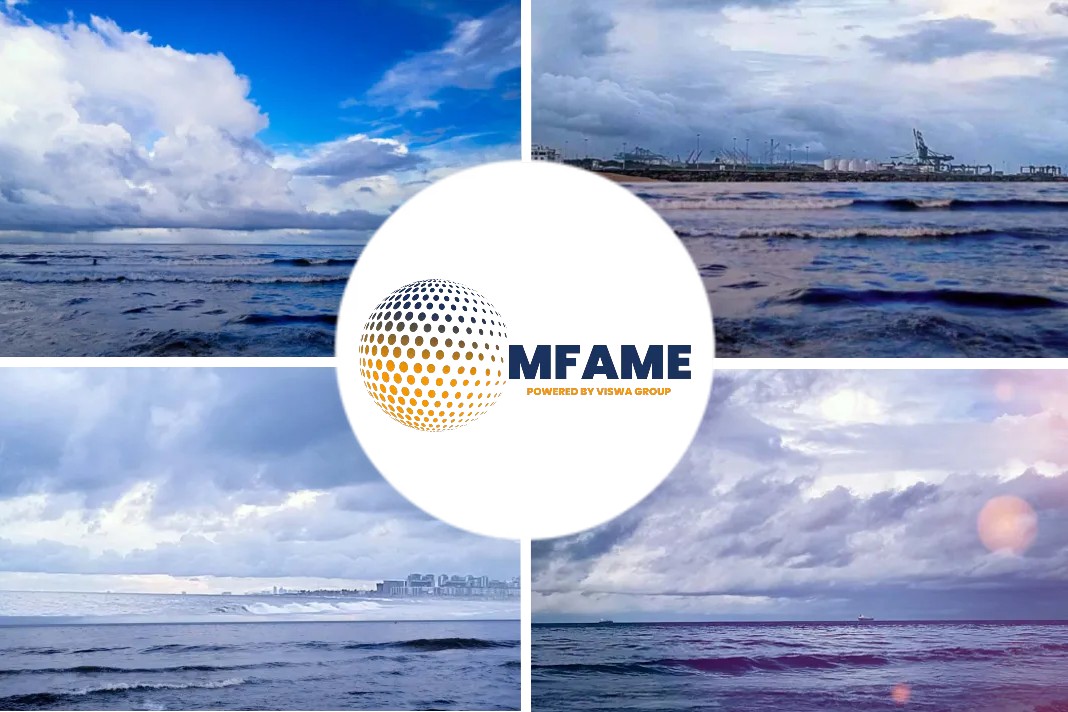The story of the world’s top ranked tennis player being held at an immigration detention centre after arriving in Australia last week caused dismay and anger on all sides, reports BBC.
Issue with the vaccine certificate
A world-famous athlete, who has publicly said he is opposed to vaccination, granted an exemption to play at the Australian Open in a country that has implemented some of the world’s strictest Covid-19 measures.
After Djokovic touched down at Melbourne Airport, things became a little murky.
On Wednesday, Prime Minister Scott Morrison responded to the public outcry by saying the decision to grant Djokovic a vaccine exemption certificate was a matter for the state government of Victoria.
A few hours later, a statement from Australia’s Home Affairs Minister Karen Andrews appeared to contradict Mr Morrison – saying that “while the Victorian government and Tennis Australia may permit a non-vaccinated player to compete”, the federal government would enforce its requirements at the border.
Visa cancelled!
The following day, Mr Morrison’s stance changed as it was revealed that Djokovic’s visa had been cancelled, and that the 34-year-old was facing deportation.
“Rules are rules,” the prime minister said.
In less than 24 hours, Mr Morrison had U-turned from initially accepting that the Serbian’s exemption – and participation in the Australian Open – was a matter for the state of Victoria, to putting his foot down on the federal government’s right to enforce its border rules.
State Vs Federal Government
The tension between state and federal authorities exists because each wants something different from this.
Victoria wants the world number one to compete in one of the state’s most important events.
The federal government, feeling the anger at Djokovic being allowed to fly in, wants to show Australians that they are in control of who comes in and out of the country and that everyone – including the tennis star – is expected to follow the Covid rules.
Political pressure
This is an election year, Mr Morrison has been under immense political pressure over the handling of the Omicron coronavirus wave, amid rocketing case numbers and chaos at testing clinics. Observers suggest he may have chosen to use this as an opportunity to appear tough on the country’s border policies.
But in trying to appear firm on Covid rules and visa requirements, Mr Morrison and his government has created more chaos. Every statement that comes out, every detail that emerges, seems to bring yet another layer of uncertainty.
Djokovic’s legal team is challenging the decision to deport him in court
In court documents released on Saturday, Djokovic’s lawyers said the tennis star had travelled to Australia after he was granted a vaccine exemption by two independent medical panels organised by Tennis Australia, the body that runs the event, and the state of Victoria.
On Saturday, Djokovic’s lawyers submitted a 35-page document arguing that their client fulfilled the criteria for a vaccine exemption certificate because of a recent Covid infection, which was confirmed by a PCR test on 16 December.
There had been no prior announcement of Djokovic’s Covid infection, and photos have since emerged of the player apparently attending events in the Serbian capital Belgrade maskless at around the time he tested positive.
It is unclear whether he knew he had Covid when the photos were taken.
They said he was told he could enter Australia after having been infected with Covid on 16 December, and that he had every reason to believe he was entitled to play in the tournament.
There has been a lot of blaming and finger pointing but no one has come out to clearly answer any of the basic questions around this story. Not the federal or state government officials – not even Tennis Australia.
Investigation
The Australian government has insisted that a recent Covid infection only offers an exemption for residents – and in its own submission to the court on Sunday, government lawyers said the tennis star had been given no assurance a medical exemption would be accepted.
It appears that Djokovic’s team will effectively tell the court that the decision to revoke the visa was affected by a variety of “jurisdictional errors” – but that the government will firmly reject any attempt to have its processes ruled invalid.
Djokovic’s lawyers have said he was kept at the immigration control point at Melbourne Airport for about eight hours after he arrived, and that he had little communication with them during that period – which the Australian government says was in no way unfair to the tennis star.
On Sunday, a court order by Judge Anthony Kelly stated that the request to delay the hearing until 12 January had been “refused without prejudice” and that submissions must be presented to the court at 10:00 local time on Monday (23:00 GMT Sunday).
Last week, Tennis Australia said it would need to know whether Djokovic was participating in the Australian Open so that it could schedule his games in the competition.
While he awaits a final decision, Djokovic’s lawyers have asked he be moved from the immigration detention hotel that has often been criticised by refugees for its poor conditions, to “a more suitable place of detention” that would allow him to train ahead of the Australian Open.
Court’s decision
Djokovic is waiting for a court decision on whether he can remain in Australia and defend his title. The way he’s been treated in the past few days seems to have shifted the sentiment towards him.
The Australian Open begins on 17 January in Melbourne.
Did you subscribe to our daily Newsletter?
It’s Free! Click here to Subscribe



















